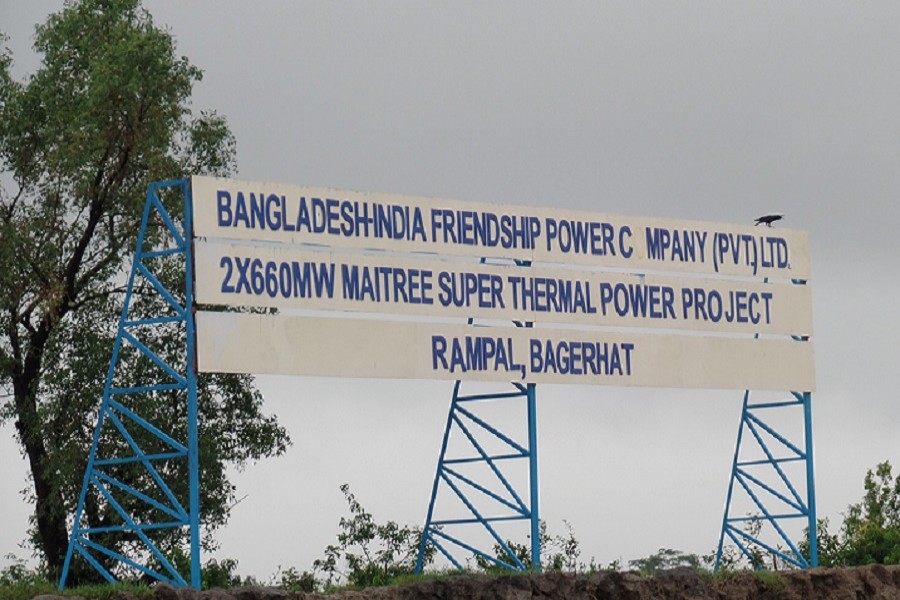The insurance regulator has issued no objection certificate (NOC) in favour of Rampal power plant project allowing it to buy insurance from abroad despite an objection made by Sadharan Bima Corporation (SBC).
SBC, however, reacted sharply saying that the decision was taken violating insurance act of the country which has made it mandatory for state-owned entities to buy insurance from the corporation.
"We are capable enough of providing full insurance and reinsurance coverage to any company," said a top SBC official seeking anonymity.
Insurance Development and Regulatory Authority (IDRA) took the decision last week facilitating the much-talked-about Rampal power plant to get overseas insurance saying that the implementation agreement exempted the company from purchasing insurance or reinsurance from SBC or any other company in Bangladesh.
The agreement gave sole discretion to procure insurance and reinsurance for the project from any insurance companies outside Bangladesh, it said citing a clause in the agreement.
When contacted over phone on Friday, IDRA member Gokul Chand Das told the FE that there are instances of allowing big projects to get insured from abroad.
He said Padma Bridge project and another LNG project also got permission to buy overseas insurance.
"Big projects are not interested to get insured from SBC. Big insurance coverage needs big company," he said, adding that the capability of SBC has to be taken into consideration in this case.
Mr Das said the agreement on the power plant with the government bears a clause that exempted it from buying insurance from local companies. "When the provision lies in the agreement clause, IDRA has nothing to do."
Section 23 (1) of insurance act states that 50 per cent of all insurance business relating to any public property or to any risk or liability appertaining to any public property shall be placed with Sadharan Bima Corporation and the remaining 50 per cent of such business may be placed either with that corporation or with any other insurer in Bangladesh.
But Section 19 of the act has empowered IDRA to allow state-owned entities to get insured from abroad if they want.
Seeking anonymity, a senior SBC official said the permission was given violating the insurance act. The government gets 15 per cent value added tax on insurance premium, but in this case, the country was deprived of it.
"IDRA sat several times with us even in presence of the project bosses, but we did not agree to let them get overseas insurance," he said.
A ministry or government entity while signing deal with a company can keep such clause of exempting someone from getting insured locally having no idea about insurance act. But none is above the act or law of the country, he noted.
Replying to a query he said: "I fully disagree that SBC has no capacity to handle big insurance coverage. So, we will get reinsurance coverage from abroad. This is the system, none bears full risk coverage."
The official said on Thursday SBC underwritten the risk coverage of a coal-fired power project to be implemented at Matarbari which will have annual insurance premium of Tk 1.50 billion while the Rampal power project's premium can be only Tk 400 million.
"We don't retain major risk. It lies on re-insurer," he said.
In case of Rampal project, he said, SBC even agreed to place the reinsurance coverage to the foreign insurance company as per the project officials' desire.
"Even we offered the same rate the project will have insurance coverage from abroad if they do it themselves. But the company did not agree with our proposal," said the official of the state-owned insurer.
A senior official at the ministry of finance told the FE that allowing overseas insurance for state entities poses a great risk of outflow of insurance premium abroad.
"This is a very serious issue for local companies and needs to be handled properly to protect their interests," he noted.


